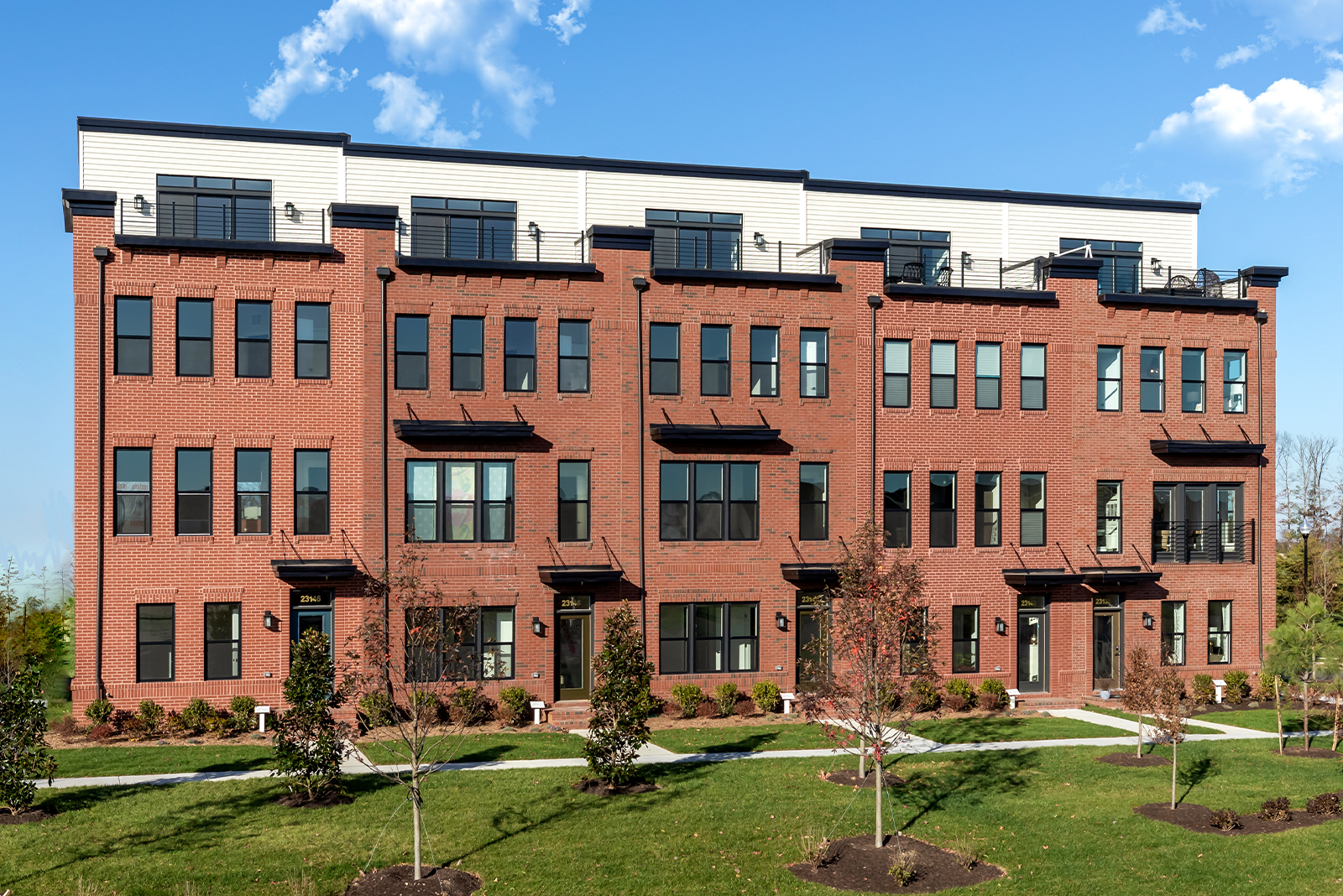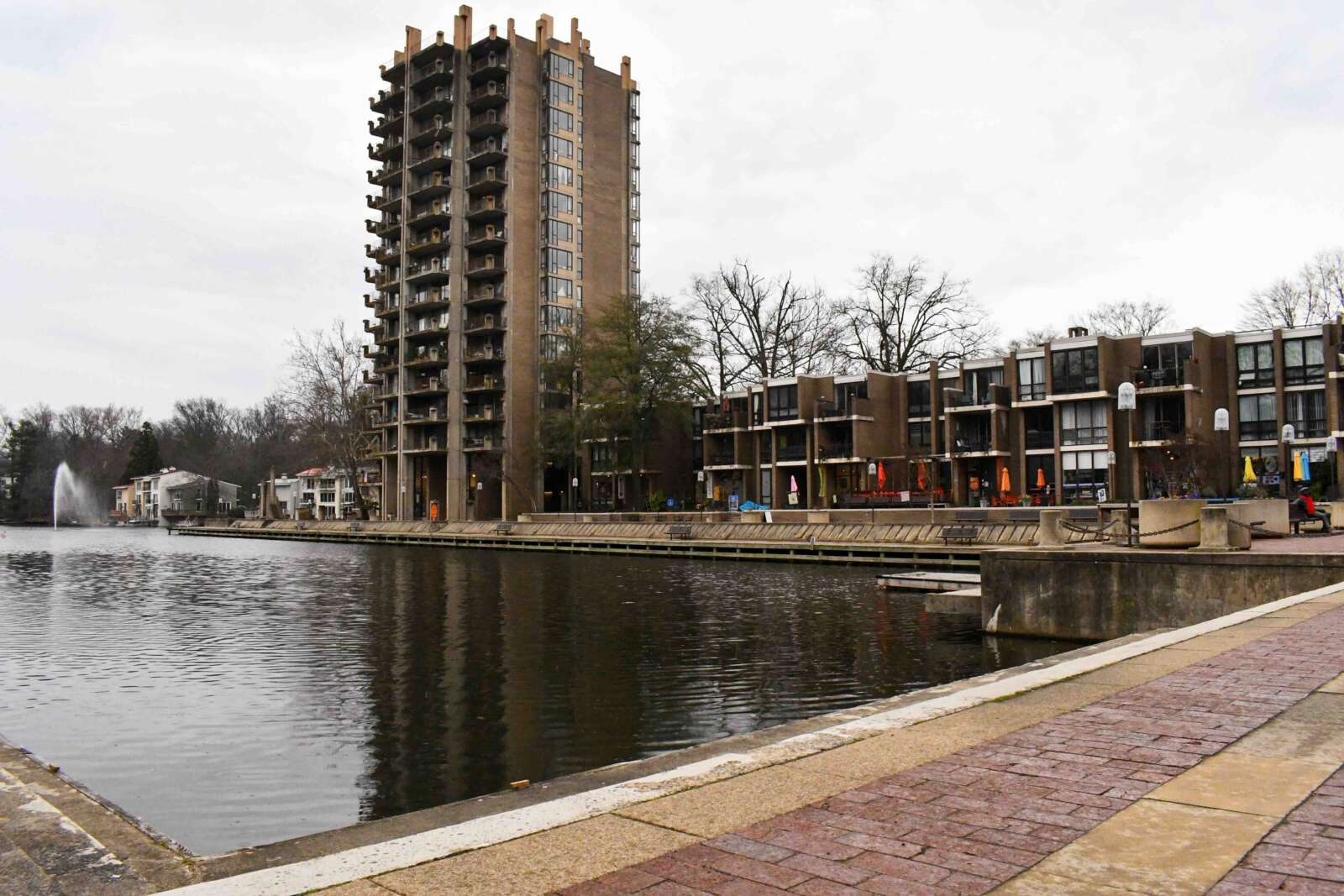
A new report shows that minority-owned businesses in Fairfax County and Northern Virginia as a region suffered more acutely due to the COVID-19 pandemic than businesses owned by their white counterparts.
The Community Foundation of Northern Virginia released a report in late June detailing findings and recommendations from their minority-owned business working group.
They found that at the end of 2019, there were 128,000 minority-owned businesses in Northern Virginia, which encompasses five counties, including Fairfax. That’s approximately 42% of all establishments in the region, well above the national average of 29%.
Of the 128,000 minority-owned businesses in Northern Virginia, about 55,000 are in Fairfax County, according to statistics provided by the Fairfax County Economic Development Authority (EDA).
More than 8,000 non-farm businesses with paid employees in the county are owned by people of color, representing about a third of all such businesses in the county.
“It’s turned out to be one of our winning hands,” says EDA’s CEO and President Victor Hoskins about the number and contributions of minority-owned businesses in the county. “It’s something grown up here over time…just part of the DNA of not just Fairfax, but Northern Virginia.”
While the number of minority-owned businesses remained essentially flat throughout 2020, revenue and staffing at those businesses has decreased dramatically, while unemployment insurance claims have gone up.
According to the report, minority-owned businesses are more likely to be smaller in size, concentrated in high-risk industries such as accommodation and food service, and face more difficulties in securing capital. Due to these factors, minority-owned businesses are more likely to have “poor or fair” financial health.
Consistent with the rest of the region, Fairfax County minority-owned businesses have also suffered more acutely due to the pandemic. Because these businesses tend to be smaller in size, they simply have had less ability to overcome the economic hardships brought by the pandemic.
“Smaller businesses were disproportionately impacted by not having the financial wherewithal to weather the storm that this pandemic caused,” said Stephen Tarditi, EDA’s director of marketing intelligence. “They tend to be concentrated in industries more adversely…impacted by the pandemic.”
The report offered a number of recommendations for ways to better support these businesses, including better tracking of data and information to understand more specifically which businesses need help and when.
It also notes that more financial help is needed, including with grant funding and better strategies to improve access to capital for these businesses.
Officials agree with the report that more can be done. For example, specific data, like numbers related to revenue and number of paid staff, can drive policy, but there’s often a lack of up-to-date information.
“I was just surprised at how little…or regularly updated data that we have on hand to make these decisions,” Tarditi said. “I’m having a tough time knowing what the pandemic’s impact has been on our minority business community. This data drives the decisions and drives the strategy, which is extremely important, especially in this past year.”
EDA officials say the plan going forward is to disseminate more surveys more often with better outreach to be able to compile more and better data.
Last year, Fairfax County distributed more than $52 million in relief funding to small businesses through its RISE program, about half of which went to minority-owned businesses.
“We actually designed the RISE program to target a portion of small and minority-owned businesses,” says Hoskins. “I think the target was 30%, but we ended up [with] 72% [going to] women, veteran, or minority-owned businesses.”
The county is currently accepting applications for its new PIVOT program, but that doesn’t have any provisions directly dedicating a certain portion of funds to minority-owned businesses.
The Northern Virginia Black Chamber of Commerce told Reston Now last month that they’ve felt neglected in the development of some of Fairfax County’s major business grant programs.
When asked about this, Hoskins said the EDA works with the Northern Virginia Black Chamber of Commerce all the time and are located in the same building. Beyond that, he wasn’t familiar with the details of their comments or complaints.
Photo via Tim Mossholder/Unsplash





